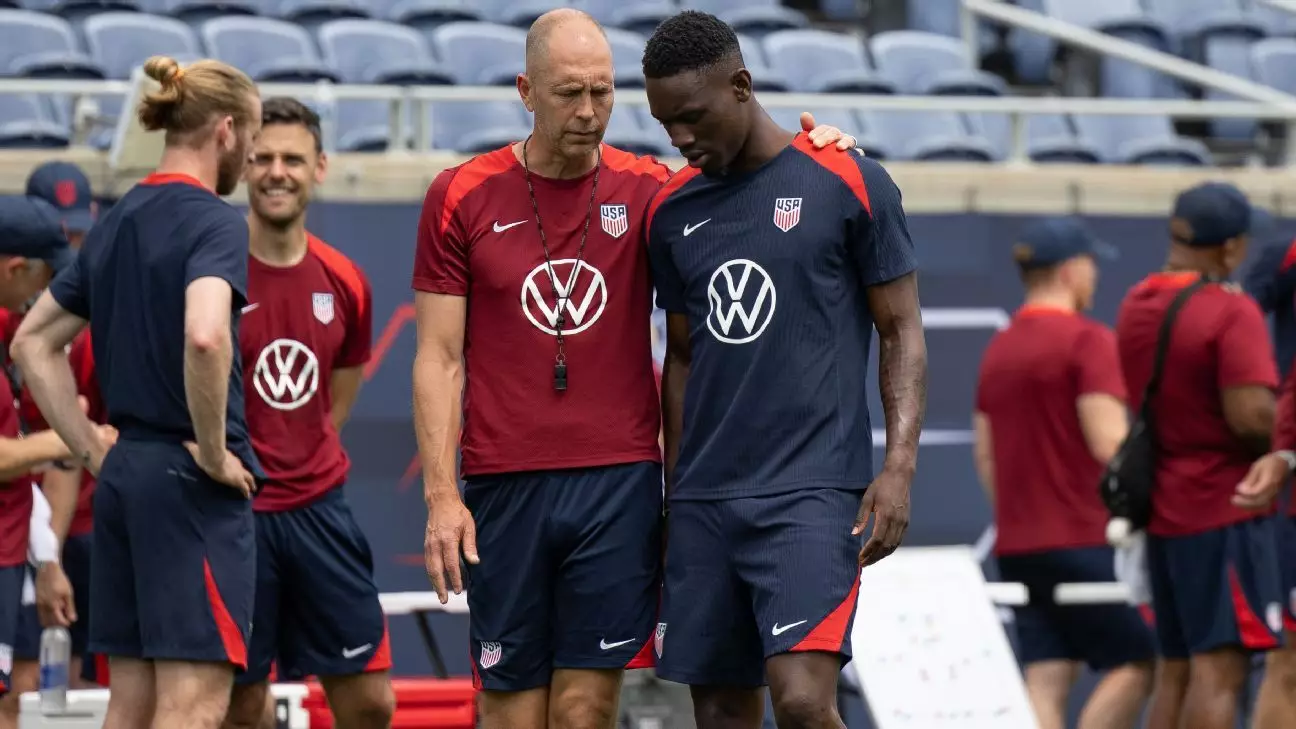FIFA recently announced the game schedule for the 2026 World Cup, allowing hosts Canada, Mexico, and the United States to anticipate where their games could potentially be after the group stage. The hosts already know their group stage destinations, with Canada opening in Toronto, Mexico in Mexico City, and the U.S. in Los Angeles. The path after the group stage depends on where the hosts finish in their groups.
If the U.S. finishes first in Group D, its path will see it play in the San Francisco Bay Area in the round of 32 on July 1, followed by games in Seattle, Los Angeles, Dallas, and New York. If Mexico finishes first in Group A, it could play in Mexico City for both the round of 32 and round of 16 matches. A first-place finish in Group B by Canada could see it play the round of 32 and round of 16 games in Vancouver.
If the U.S. reaches the third-place match, it will be in Miami on July 18. If the U.S. finishes second in its group, it could play in Dallas, Atlanta, Kansas City, and then in Dallas, New York, and Miami. If Mexico finishes second in their group, they could play in Los Angeles, Houston, Boston, and then in Dallas and New York. If Canada finishes second in their group, they could have games in Los Angeles, Houston, Boston, Atlanta, New York, and Miami.
The 2026 tournament will feature 48 teams for the first time in history, after FIFA expanded the field from the previous 32 teams. In addition to the game schedule, FIFA also released a sneak peek of the 24 cities that could potentially host the 48 participating countries’ training facilities, or “base camps.” Nine cities outside of the host cities for matches are included as potential sites, including Chattanooga, Cincinnati, Green Bay, Westfield, Irvine, Louisville, St. Louis, Salt Lake City, and San Antonio. The final decisions will be determined by a lottery, according to FIFA.
World Cup COO Heimo Schirgi mentioned that even if a city is not staging matches, having a participating team stay in the city creates a strong personal bond with the competition for the local community. The presence of the teams in these additional site options will undoubtedly create excitement in these cities and enhance the overall World Cup experience.
Overall, the release of the game schedule for the 2026 World Cup has provided fans and teams alike with an exciting glimpse into what to expect beyond the group stage. With the expansion of teams and the inclusion of additional training facilities in various cities, the upcoming tournament promises to be a truly global event that brings communities together in support of the beautiful game.

Leave a Reply